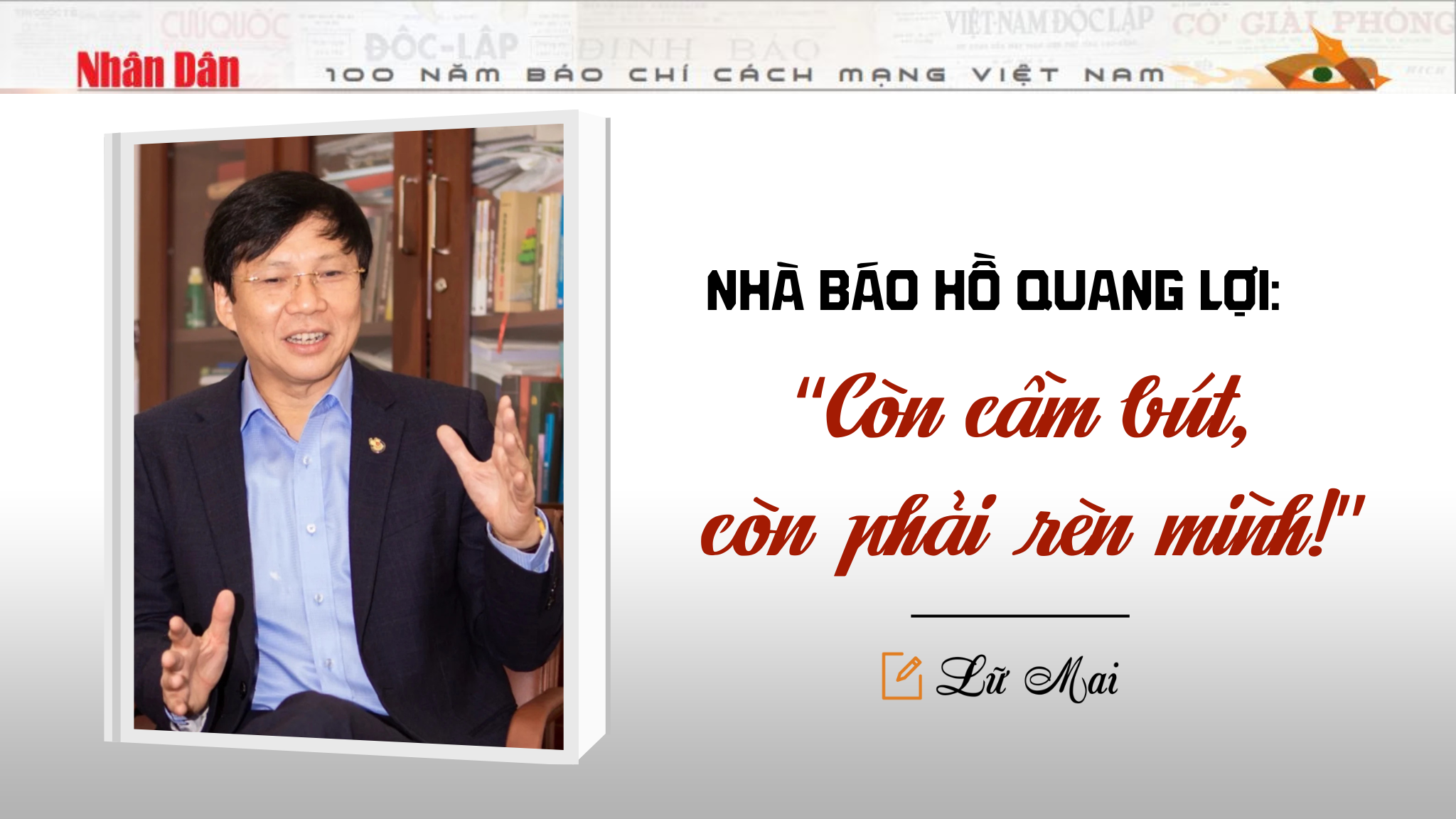
Encourage enthusiasm and dedication
Sir, in the history of Vietnamese Revolutionary Journalism, what is the thing that makes you most concerned and proud?
Looking back at 100 years of Revolutionary Journalism, I think it is a golden milestone in the history of journalism and the history of the country. Revolutionary Journalism is the journalism of dedication and contribution. During the war, it was a battlefield of falling bombs and exploding bullets with countless losses and sacrifices; during peacetime, it was still a fierce front for fighting to transform society, build and protect the country. That is why revolutionary journalism was awarded the most precious reward by the people: Trust. I still remember, in 2010, the Vietnam Journalists Association, on behalf of the press, was awarded the Gold Star Medal by the State, which was a very special recognition.
Journalism awards are also a way to mark the profession. I have many profound memories of the National Journalism Awards, later the National Journalism Awards, from the role of a writer, a member of the jury, to the organizer. In the beginning, each category (printed newspaper, television, photo) had only one individual award. Then it was transformed and expanded to many more awards, and in 2006, the National Journalism Awards were upgraded to the National Journalism Awards, organized on a larger scale, and innovated every year. Currently, after selection from the grassroots level, the associations at all levels send about 1,800-2,000 works to the Vietnam Journalists Association for the preliminary round; organize 13 preliminary sub-committees for each type of journalism, each sub-committee selects 18-20 works for the final round. From 2024, there will be 2 new award groups: Creative Journalism and Multimedia Journalism. Adding the above two award groups is very necessary because in addition to contributing to content, journalism needs to be associated with technology to suit the digital age.
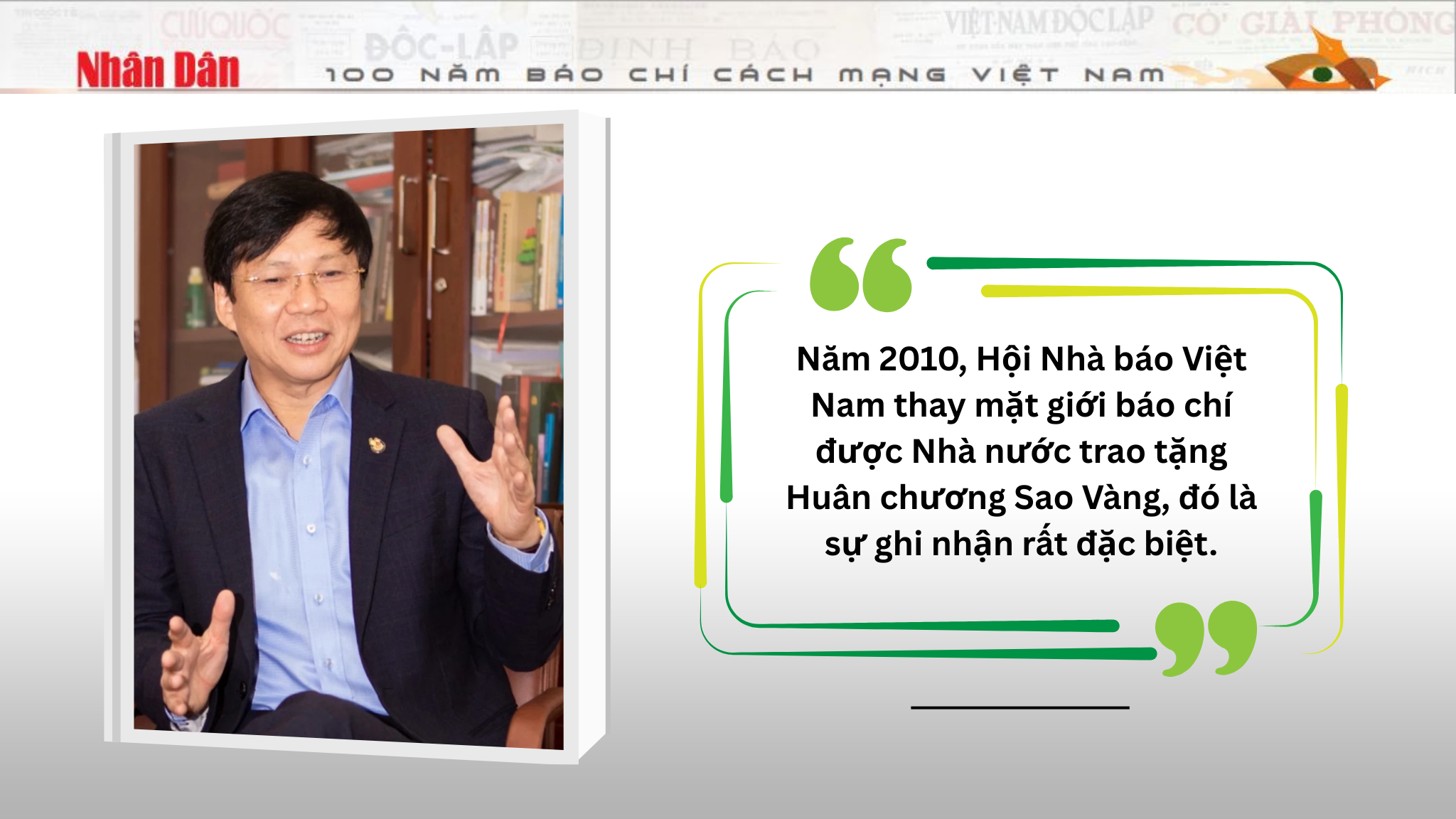
There are more and more press awards at all levels and in all fields. What do you think about the prestige and special value of the National Press Award? And how can the works submitted to the award reflect the spirit of dedication, instead of aiming for mere achievements?
Although there are now many national press awards, including very important ones such as the Golden Hammer and Sickle Award, the Dien Hong Award, the Anti-Corruption and Negativity Press Award, etc., the National Press Award is still the most prestigious award, with the most profound influence. This is a professional award with special meaning and distinct value. Anyone who works seriously in this profession hopes to be honored at least once.
What is the purpose of organizing the award? To encourage the spirit of enthusiasm, constant innovation, creativity, dedication and contribution to produce the best journalistic works to serve society and the country. The most profound thing is that the spirit of striving for the profession is not only reflected in the works submitted for the award, but also reflected in the entire process of the journalist's career. Honoring and encouraging individuals and groups whose works win awards is natural, but I think what is more important and valuable is that before winning the award, the work has spread its true value throughout society, and has been highly appreciated and welcomed by the public. Therefore, I think that, in addition to the evaluation of the Jury, it is necessary to study and have another evaluation line from readers about the quality and influence of the work, although "quantifying" the public's evaluation is not simple.
Besides the evaluation of the Jury, it is necessary to study another evaluation route from readers about the quality and influence of the work, although "quantifying" the public's evaluation is not simple.
_Journalist Ho Quang Loi_
Some say that not every excellent journalistic work wins an award. Having worked for many years in organizing and judging awards, how do you view this?
It is true that not all the best works win awards because many good works are not submitted for various reasons. I believe that if the work is truly good, whether submitted or not, public opinion will recognize and acknowledge its value. There are television reports and investigative reports that have just been published in print and online newspapers that have caused a stir and created a strong effect, without having to wait for press conferences to evaluate them.
As for the Judging Council, I can say that the people invited to participate are all journalists with prestige in both their profession and professional ethics. The evaluation process is basically accurate and fair. Of course, sometimes there are different opinions, which is very normal because journalists are inherently independent and have strong professional personalities. When there are works that are still in doubt, the council will discuss thoroughly to clarify aspects. Even after the final round, the award council will meet one last time to review and ensure high consensus before making a decision. Only when consensus is reached will the award be awarded. That shows the seriousness, responsibility and respect for professional values of those involved.
Core values are still integrity and humanity

According to you, in the context of strong transformation today, what is the core in newsroom management and state management of press work?
Both levels are facing very different requirements than before. For the newsroom, the key is the level of modern management, suitable for the "dynamic" characteristics of journalism in the digital age. The leader must be truly good at the job, knowledgeable about content and technology, and especially must have professional ethics, inspiring dedication and creativity. "Editorial chief - newspaper". No matter how the times change, how much technology develops, the core values are still integrity and humanity. Reliability and persuasiveness are the way to live for journalism in the digital age. Therefore, the promulgation of 10 articles of professional ethics by the Vietnam Journalists Association (in 2017) is very important, especially Article 5 on standards and responsibility when participating in social networks to help minimize violations in the digital age.
On the state management side, due to major changes: streamlining the apparatus, reducing the number of press agencies... leading to a series of journalists having to change jobs, many people facing difficulties in making a living; there are newspapers that have existed for 60, 70 years that no longer exist. The press atmosphere has more or less lost its excitement because this change has a huge impact on people, and people must be the center of all policies. I have written and want to emphasize again: This revolution is of historical significance, very necessary, very important, but we also need to pay attention to the people who are being affected. Current policies need to have specific, humane support for those who have lost their jobs.
The young generation of journalists is facing many opportunities and challenges. What do you think and say about this next generation?
I see something very encouraging: There is still a clear inheritance and promotion between generations. During the Covid-19 pandemic, natural disasters, the fight against corruption and negativity... many young journalists have devoted themselves to the front lines, in the most dire circumstances, contributing to creating works of profound value.
However, it is also necessary to recognize that there is a large number of people who still have an easygoing attitude, especially in the context of technology developing too quickly and too conveniently, causing journalism to sometimes be shortened, even superficial. I really like the concept of poet Che Lan Vien, meaning: Writing poetry is like skimming dew drops from flower petals, doing journalism is like holding tree roots in the ground. Journalism cannot just stand on the sidelines, but must plunge into life, immerse itself in it. If I had to say one thing, I would say: Journalism is very special, requiring responsibility and a special mindset to serve the common good. In a turbulent era, with too many factors that make people easily drawn into wrong choices such as fame and profit, ease, and short-termism, the most important thing is to determine the mindset to do the job correctly and decently. Decently, first of all, at the professional level, proficient and knowing how to combine technology, including social networks and artificial intelligence. The second kindness is ethics: don't bend the pen, don't be selfish. Journalism is a process of working, learning, and lifelong learning. As long as you hold a pen, you must train yourself!
What do you think is the most valuable “asset” that previous generations left for journalism today?
It is the flame of ideals, humanism and integrity. It is both a tradition and a great source of energy passed down from generation to generation. I remember that every time the "elders" like Mr. Phan Quang, Ha Dang... came to attend the event of the Vietnam Journalists Association, everyone felt warm and had a new professional spirit. That "golden generation" is still here, quietly but persistently. Just a few days ago, I visited journalist Nguyen Khac Tiep - 103 years old, who was one of two reporters of the People's Army Newspaper working at the Dien Bien Phu Campaign. He was the one who wrote the famous article about the meeting between Uncle Ho and the 308th Division at the Gieng Temple, Hung Kings Temple Historical Site. To me, those are people who do journalism with all their heart and determination, without needing to be honored. It was they, with their silence, who lit the flame of their profession, for today's generation to follow. Anyone who works in journalism needs to have a "fire" inside, like the previous generation did.
Sincere thanks to journalist Ho Quang Loi for the interview!
Presented by: THUY LAM
Nhandan.vn
Source: https://nhandan.vn/special/con-cam-but-con-phai-ren-minh/index.html








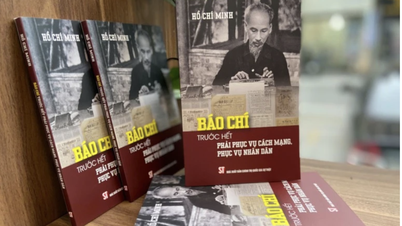

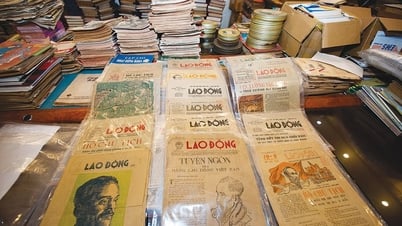


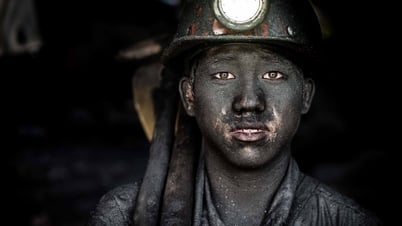
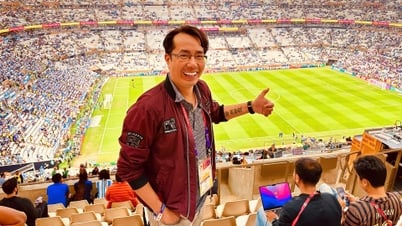
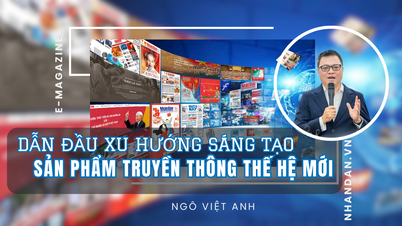
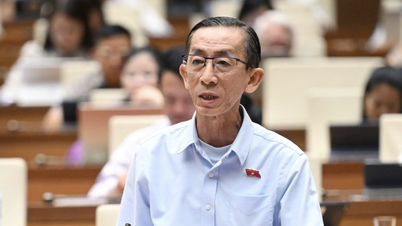

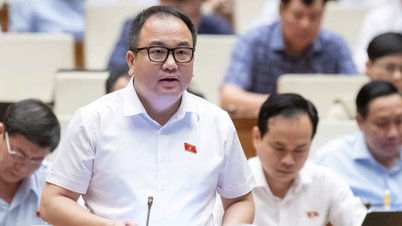


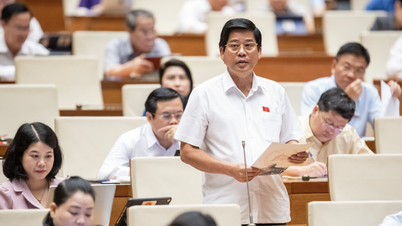
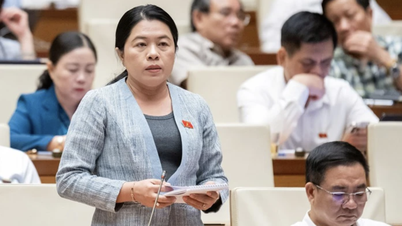
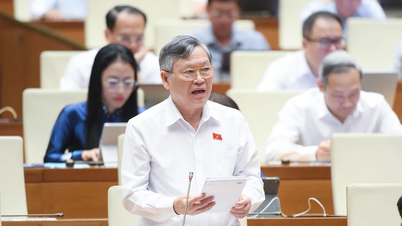





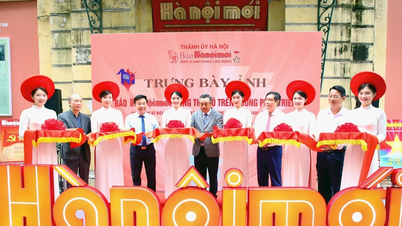

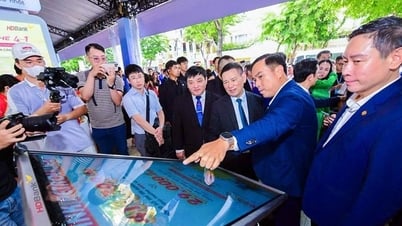
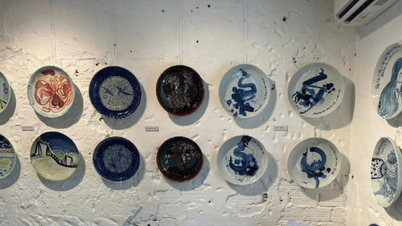
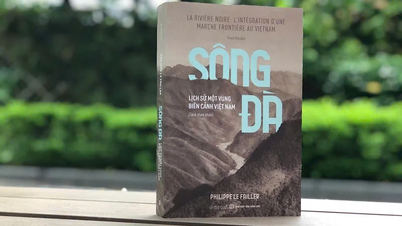
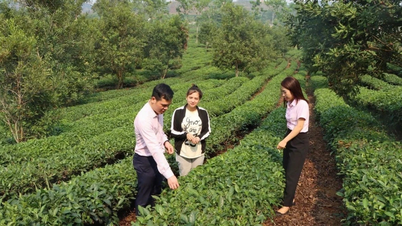


















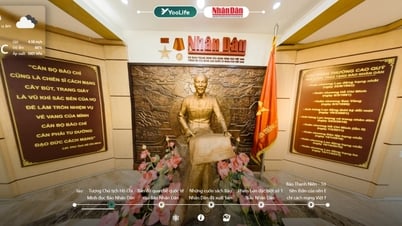






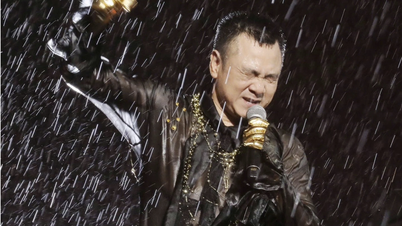
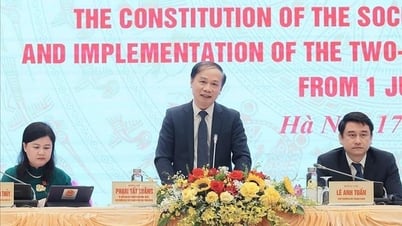
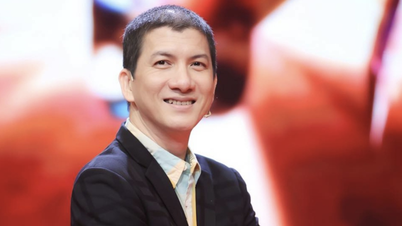



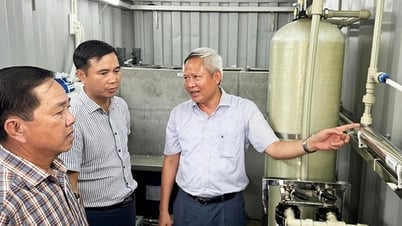

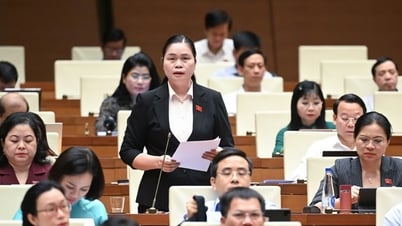
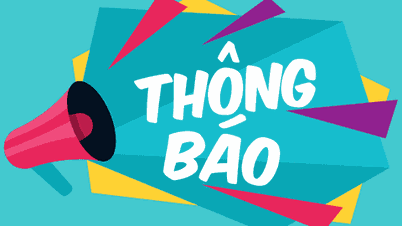

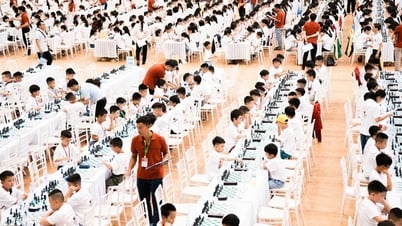
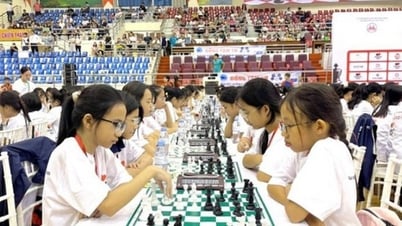

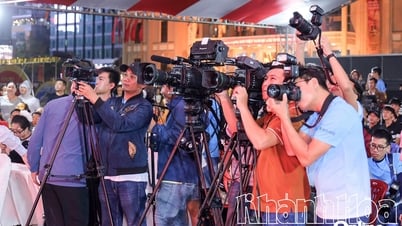

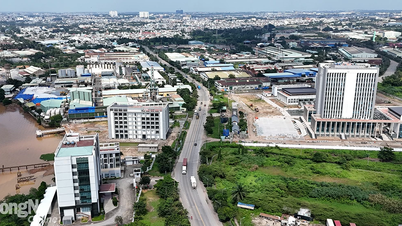

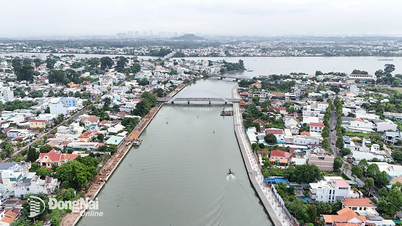
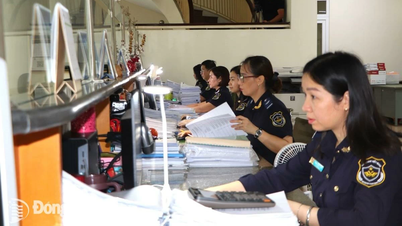
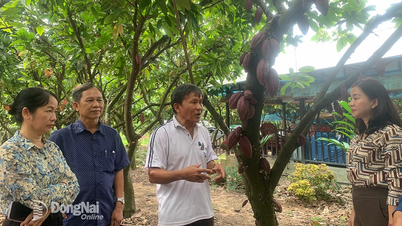
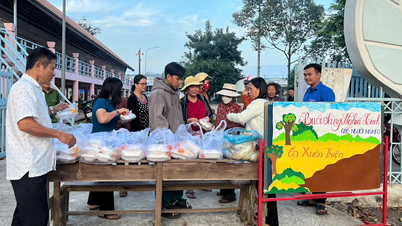













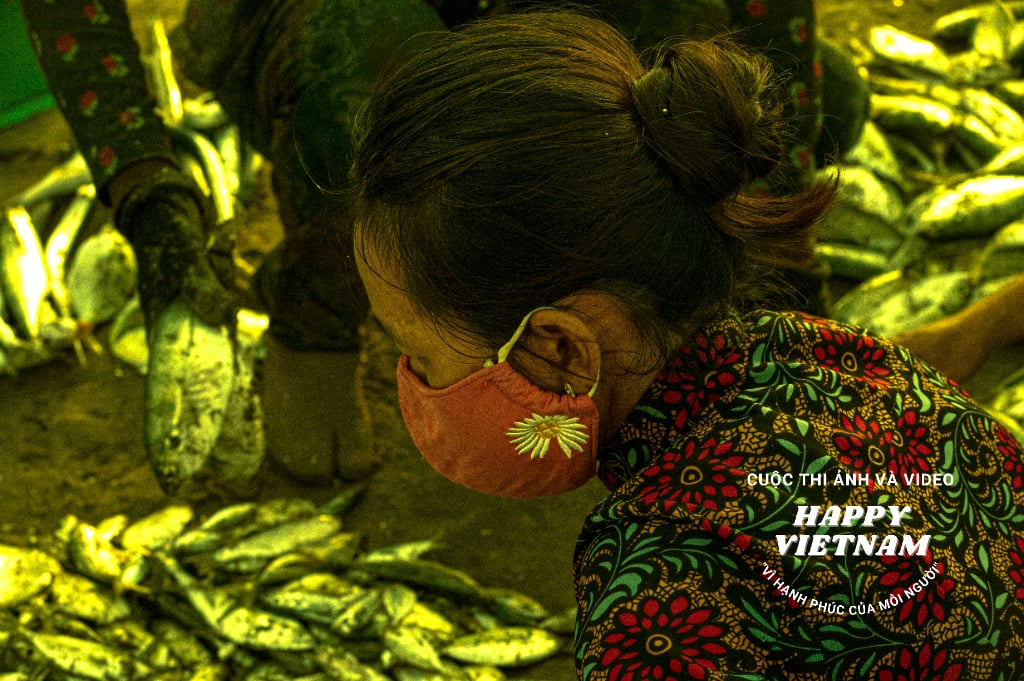



Comment (0)